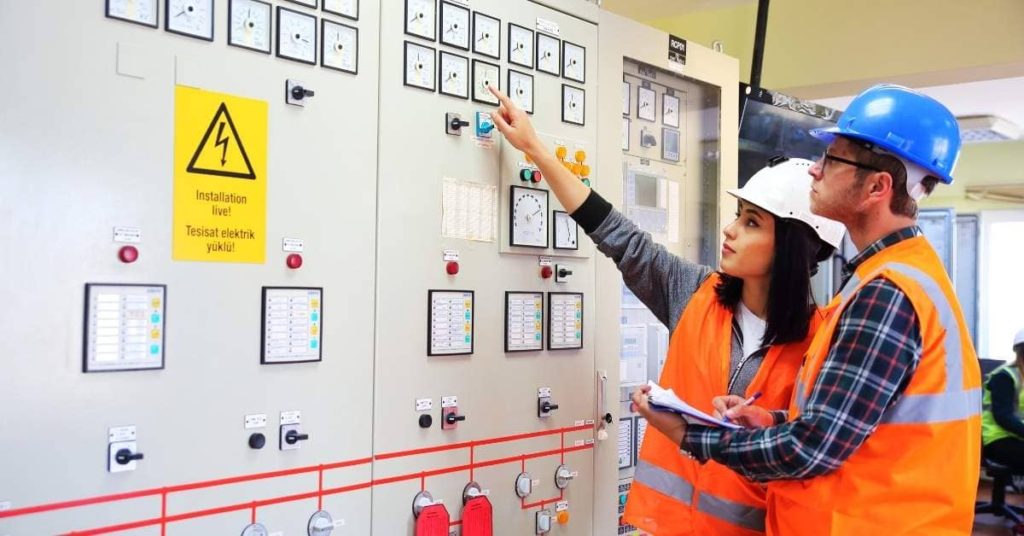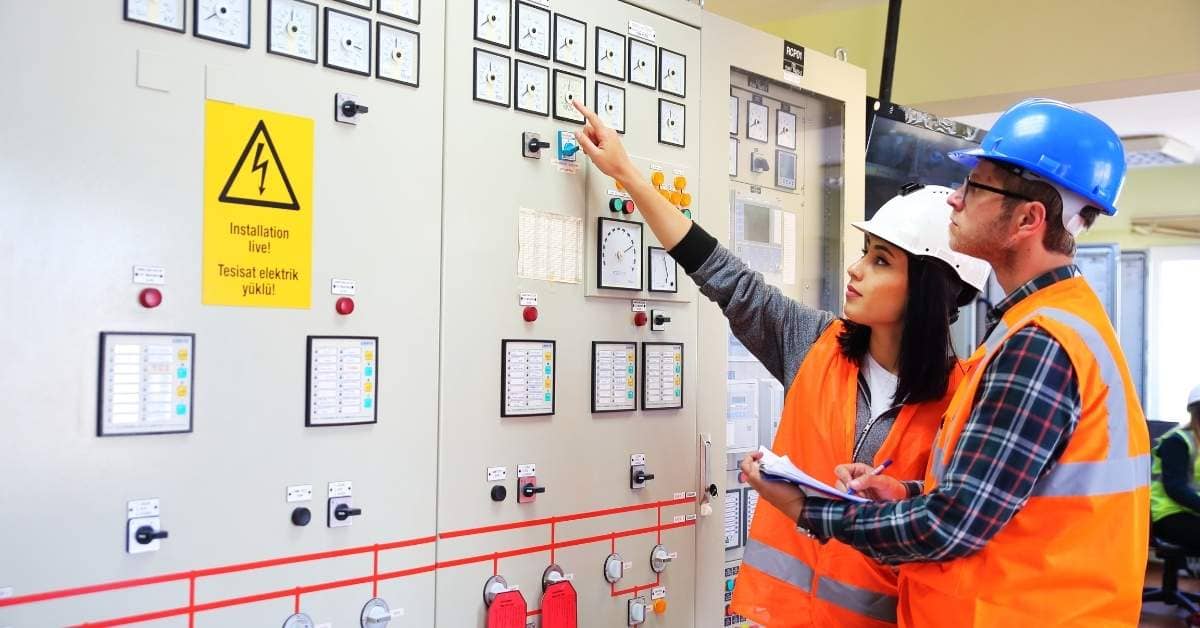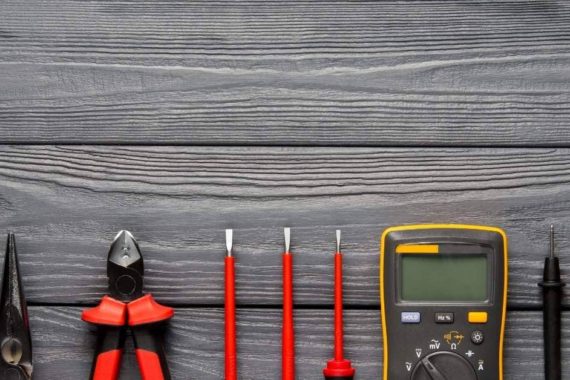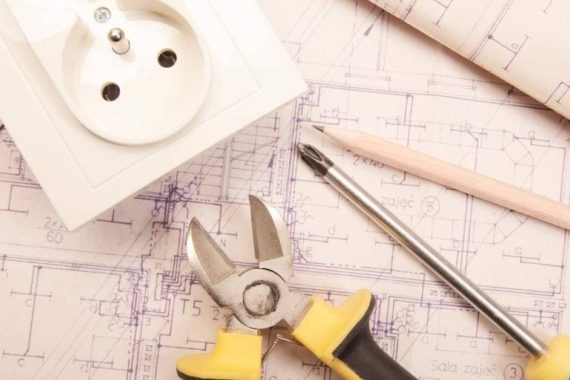
The Ultimate Guide to Electrical Work in Construction and How it Improves Productivity & Safety
Introduction
Electrical work is an integral part of every construction site. Electrical equipment is used to power tools and machinery, which are necessary for building houses and other structures. This article will explore the different types of jobs involved in electrical construction, how they improve productivity and safety on a project, and what you can expect in the future of this field.
What is Electrical Work and What are the Different Types of Jobs Involved?
Electrical work is a broad term that covers many different jobs. Electrical workers can be employed to install and maintain electrical wiring, or they may work on equipment used in construction projects.
The most common job for an electrician is to install and maintain electrical wiring. However, there are also many other types of electrical work that can be done in construction:
- Installation and Maintenance: Electricians install new components into existing buildings or structures. When it comes time for maintenance, they repair damaged parts by replacing them with new ones or repairing them as needed.
- Power Distribution: Electricians who specialize in this type of work are responsible for the installation of power distribution systems inside various buildings where electricity needs to be delivered from one point source to another over long distances (such as from a generator room towards individual rooms). They also connect these lines together so that every room has access to power without having separate circuits run throughout each room individually (which would require more time and money).
Types of Jobs Involved in Construction
Electricians: Electricians are the main people who work with electricity. They install and repair electrical wiring, switches, breakers, and other devices.
Electrical Inspectors: Electrical inspectors inspect all electrical equipment in buildings to ensure that it is safe for use.
Electricians’ Helpers: Electricians’ helpers assist electricians to install and repair electrical wiring, switches, breakers, and other devices.
Electrical apprentices (also known as journeymen): Apprentices are workers who are learning how to become electricians under the supervision of experienced electricians or contractors who hire them out on job sites as part of their training program which lasts 4 years! Throughout this time they receive classroom instruction as well as hands-on experience working alongside more experienced craftsmen while performing tasks such as operating tools like drills & screwdrivers; using measuring instruments such as calipers or micrometers; installing equipment like conduit boxes into walls etcetera! After completing their coursework these guys will be ready to take their state license exam before calling themselves licensed journeyman electricians certified by local authorities!
The Benefits of Using Electrical Equipment on Construction Sites
The benefits of using electrical equipment on the construction site are numerous. Electrical devices provide improved safety for workers, a higher quality of finished products, and increased productivity.
When you use electrical tools and equipment on your construction site, you’re able to cut down on accidents that could result from faulty wiring or wiring issues. In addition to saving money spent on repairs and maintenance, this also reduces unnecessary delays while waiting for repairs or re-working materials damaged by faulty wiring.
Using electrical equipment will help ensure that every worker has an accurate measurement of how long it’ll take them to complete their task so they can plan accordingly and not get stuck behind schedule (or even worse: miss an important deadline!). This allows everyone involved with building something new or fixing up old buildings/objects along with their homes – no matter what kind of job they do each day – to know exactly what tasks need doing at all times so nothing gets overlooked or forgotten about until later down the road when everything goes wrong somehow anyway!
The Future of Electrical Work in Construction
If you’ve ever worked in construction and seen the electrical work that goes into a new home, you know how important it is. The same goes for commercial buildings and other major structures. Electrical work is a growing career field that can be incredibly rewarding.
Electrical work is one of the few jobs where you can learn about so many different skills at once, making it an excellent choice for people who like working with their hands and want to get good at a lot of things at once. Electrified homes often have complex wiring systems that require expertise from specialized workers like electricians. If you’re interested in learning more about how this type of job could help your future career take off, keep reading!
Electrical construction requires many laborers to complete, but the need for electricians will always be in high demand.
As you can see, electrical work is a highly skilled profession that requires many laborers to complete. The need for electricians will always be in high demand for this reason, but it’s also important to note that electrical construction is a specialized field of construction. If you’re considering a career in electrical work, make sure you’re prepared by taking courses on the subject and training with an experienced professional. If you’re interested in learning more about how we can help your business become more productive and safer around electricity, contact us today!
Conclusion
Electrical work is an essential part of every construction project, and it has been for many years. The need for electricians is only going to increase as we build up our infrastructure and technology improves. If you’re interested in becoming an electrician or want more information about how electrical work can improve productivity on your next construction project, contact us today!




